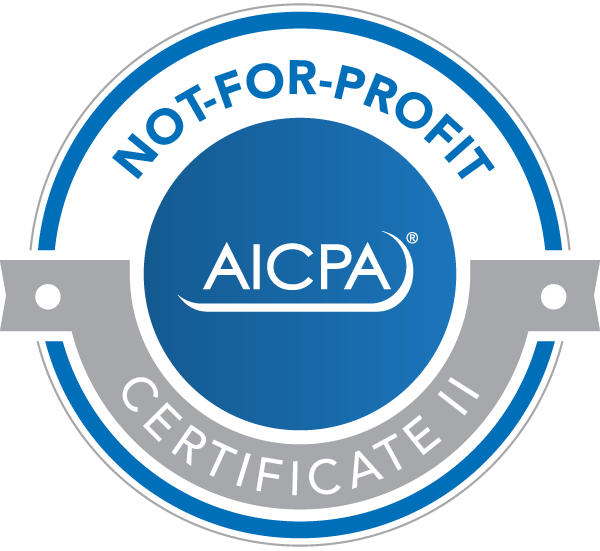Like many people, you may have dreamed of turning a hobby into a regular business. You won’t have any tax headaches if your new business is profitable. But what if the new enterprise consistently generates losses (your deductions exceed income) and you claim them on your tax return? You can generally deduct losses for expenses incurred in a bona fide business. However, the IRS may step in and say the venture is a hobby — an activity not engaged in for profit — rather than a business. Then you’ll be unable to deduct losses.

By contrast, if the new enterprise isn’t affected by the hobby loss rules because it’s profitable, all otherwise allowable expenses are deductible on Schedule C, even if they exceed income from the enterprise.
Note: Before 2018, deductible hobby expenses had to be claimed as miscellaneous itemized deductions subject to a 2%-of-AGI “floor.” However, because miscellaneous deductions aren’t allowed from 2018 through 2025, deductible hobby expenses are effectively wiped out from 2018 through 2025.
Avoiding a hobby designation
There are two ways to avoid the hobby loss rules:
- Show a profit in at least three out of five consecutive years (two out of seven years for breeding, training, showing or racing horses).
- Run the venture in such a way as to show that you intend to turn it into a profit-maker, rather than operate it as a mere hobby. The IRS regs themselves say that the hobby loss rules won’t apply if the facts and circumstances show that you have a profit-making objective.
How can you prove you have a profit-making objective? You should run the venture in a businesslike manner. The IRS and the courts will look at the following factors:
- How you run the activity,
- Your expertise in the area (and your advisors’ expertise),
- The time and effort you expend in the enterprise,
- Whether there’s an expectation that the assets used in the activity will rise in value,
- Your success in carrying on other activities,
- Your history of income or loss in the activity,
- The amount of any occasional profits earned,
- Your financial status, and
- Whether the activity involves elements of personal pleasure or recreation.
Recent court case
In one U.S. Tax Court case, a married couple’s miniature donkey breeding activity was found to be conducted with a profit motive. The IRS had earlier determined it was a hobby and the couple was liable for taxes and penalties for the two tax years in which they claimed losses of more than $130,000. However, the court found the couple had a business plan, kept separate records and conducted the activity in a businesslike manner. The court stated they were “engaged in the breeding activity with an actual and honest objective of making a profit.” (TC Memo 2021-140)
Contact us for more details on whether a venture of yours may be affected by the hobby loss rules, and what you should do to avoid a tax challenge.
- Evaluate whether a Health Savings Account is beneficial to you - September 19, 2023
- Investment swings: What’s the tax impact? - September 12, 2023
- Plan now for year-end gifts with the gift tax annual exclusion - September 5, 2023
- Selling your home for a big profit? Here are the tax rules - August 29, 2023
- The tax consequences of employer-provided life insurance - August 22, 2023









